Health Uses for Hydrogen Peroxide

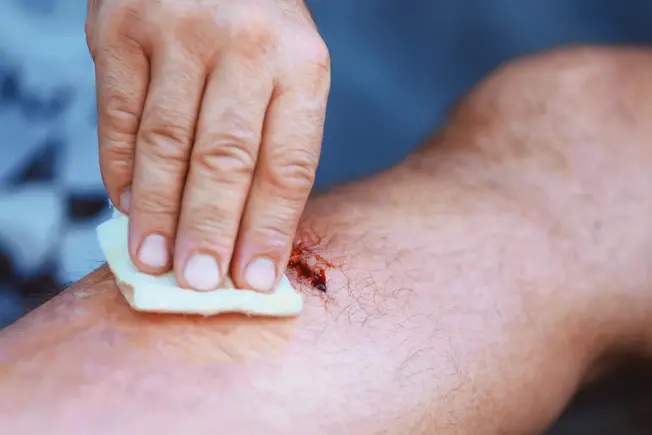
Cleaning Cuts
Pour it on a wound and watch the serious bubble action! It kills germs, but soap and warm water do the same job much more gently. Hydrogen peroxide may irritate the delicate tissue around cuts or sores and make you take longer to heal. Still, it might be a good thing to stash it in your first aid kit in case you’re not near clean water.
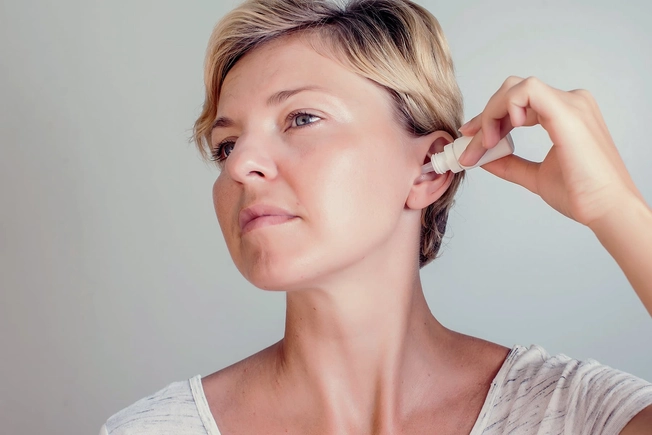
Earwax
Your doctor can tell for sure if your ear’s clogged with it. They may flush it or scoop it out with a special tool. At home, you may soften the wax with a few drops of hydrogen peroxide or baby oil from an eyedropper. Rinse gently after a day or two with warm water from a rubber ball syringe. Then tilt your head until all water drains and towel dry the outside of your ear. If this doesn't work, call your doctor for advice.
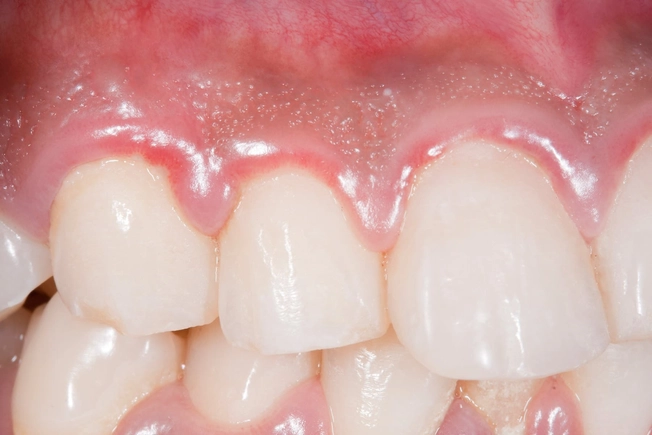
Swollen Gums
This may happen if you don’t brush and floss enough or if your mouth or gums get hit. It might help to treat it with a rinse of one part hydrogen peroxide (3%) and two parts water. Swish it for 30 seconds and then spit. Saltwater is another option. Call your doctor if your sore gums stick around for more than about 7 days.
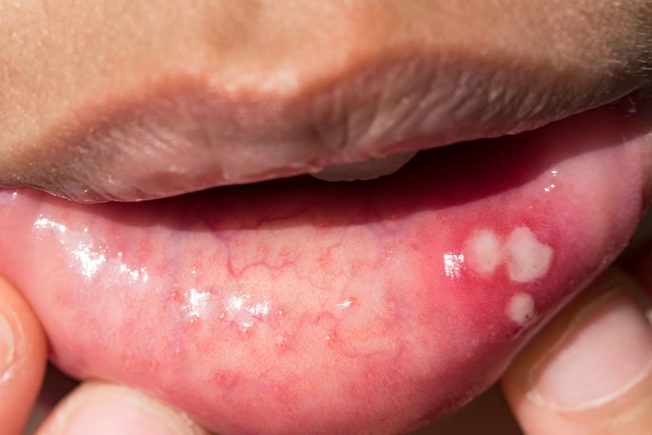
Canker Sores
Over-the-counter rinses with hydrogen peroxide (Orajel, Peroxyl) may ease pain and speed healing of these roundish, light colored sores in your mouth. They’re not contagious, but they may hurt a lot. It’s not clear what causes them. Even without treatment, they usually go away in a week or so.

Whiten Teeth
You can whiten your teeth with drugstore products that have hydrogen peroxide. Your dentist can treat you with a stronger version at the clinic. But take care: Too much could damage your teeth and the delicate surrounding gum tissue. Even normal use can turn your teeth oversensitive and cause other problems. It’s best to talk to your dentist about how to whiten your teeth safely and how often to do it.
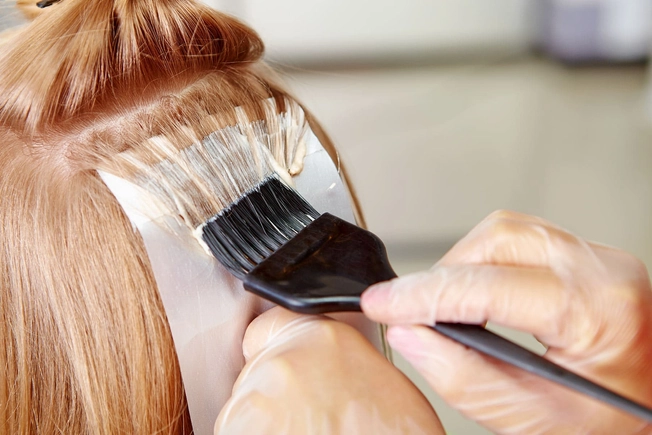
Hair Dye
Hydrogen peroxide can help bleach or color your hair, too. Just be sure to follow instructions on the product for use and safety. It’s important to take care because at higher concentrations it can burn your scalp and skin. Plus overuse of dyes can turn your strands dry and brittle so that they start to look thinner.

Acne
Hydrogen peroxide is an ingredient in a number of ointments and mixtures to zap pimples. And they seem to work just as well as benzoyl peroxide, the mainstay acne treatments. But the chemical can be harsh, especially if you have scars, cuts, or sores on your face. Talk to your doctor before you use it in any form on your skin.
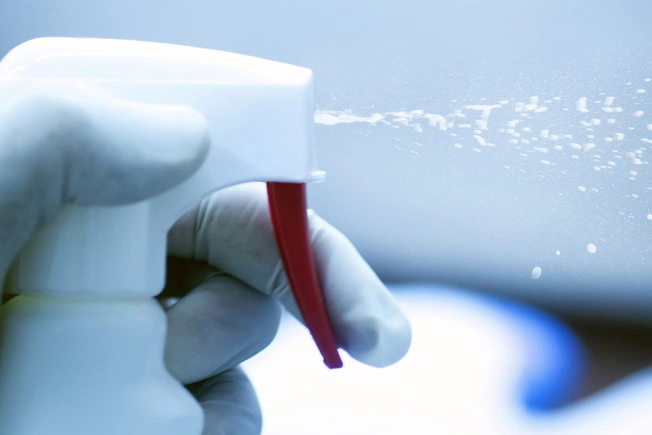
Disinfectant
Hospitals use it because it’s especially good at killing a parasite called cryptosporidiosis (crypto) that spreads in human poop. Even bleach can’t seem to easily get rid of these stubborn pathogens. Hydrogen peroxide may also work against the norovirus, which is both hard to kill and very contagious. More research is needed to know how well it works as a decontaminant.
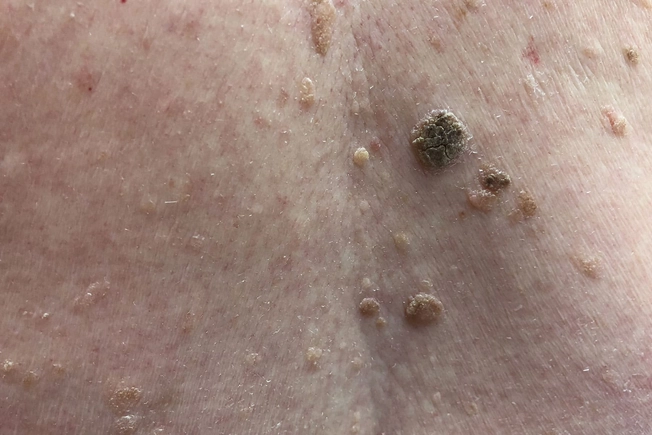
Seborrheic Keratoses
These harmless skin growths tend to come on after middle age and can look like warts. These “barnacles of aging” often pop up on the chest, neck, and back. A topical hydrogen peroxide-based medicine seems to get rid of them. Talk to your doctor about a prescription.

Cancer
Some people claim hydrogen peroxide helps fight cancer and other illnesses. There’s zero proof for this, but lots to suggest it can make you very sick if you drink it, inhale too much of its gases, or otherwise misuse it. Ask your doctor about any alternative treatments before you start.